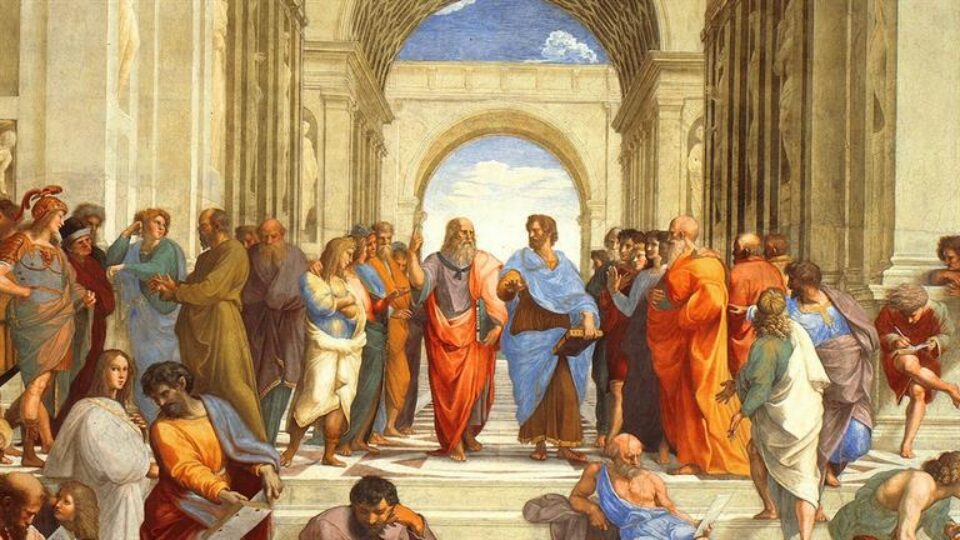
03 Aug2016

share



Post published by Michael W Austin on Dec 13, 2011 in Ethics for Everyone
As a philosopher, I’m very interested in character and moral development. Over the past several months, I’ve spent considerable time reading up on some of the psychological literature related to issues of character. Recent work in psychology confirms parts of the philosophy of Aristotle, which can also be useful in our quest for self-knowledge. What it boils down to is this:
Good character and good friends are conducive to self-knowledge.
If you’d like to read the original article follow psychology today
Aristotle argues that for any character trait, there is a deficiency, a mean, and an excess. The virtue, or the state of character that is conducive to true happiness, lies in the mean. The deficiency and excess of any trait are where the vices lie. For example, generosity is a virtue, while stinginess and wastefulness are vices. Courage is a virtue, and both cowardice and rashness are vices. While virtues are conducive to happiness, vices are not. They hinder us in our pursuit of true happiness. By employing this way of understanding the virtues, we can explore two important pieces of advice concerning self-knowledge.
First, who I am influences how I perceive myself (and the rest of reality). If I tend to be stingy with my money, this will have an impact on how I intellectually and emotionally respond to reality. If I am stingy, I may wrongly perceive a generous action as excessive or wasteful. My own character has an effect not only on how I perceive such things, but when I seek to become more generous it will at least initially also feel as if I’m being wasteful. The flaw in my character skews my perceptions, both intellectual and emotional, of myself. However, if I am aware of this ahead of time, I won’t be as susceptible to deceptive thoughts or emotions concerning my character or the rest of reality.
This leads to the second important point, which has to do with friendship.
Aristotle argues that we need good friends to be truly happy. This is in part because the highest form of friendship, which he calls “perfect friendship” and “friendship based on virtue” is conducive to our moral development.
Aristotle believes that in order to be truly happy, we must have good character. Aristotle’s advice is similar to the advice given by one contemporary psychologist (discussed in this previous post): we need to try and see ourselves through the eyes of others as we seek self-knowledge.
For Aristotle, our friends can and should play this role in our lives.
But not just any friends will do. We need good friends, in two different senses.
First, they must be good insofar as we spend time together and develop a close relationship.
Second, they must be good in the moral sense of the term.
They must have good character. Such friends can help us overcome self-deception and enable us to see that our character flaws are perhaps clouding our judgment.
A good, trustworthy friend can come alongside us and help us realize that the generous action is in fact generous, and not wasteful as we might feel or think. They can help us see both the strengths and weaknesses of our own character. Of course, we can and should be a good friend and help others in their quest for self-knowledge, virtue, and true happiness. Being this kind of friend provides opportunities to express and cultivate virtue.
I believe that introspection can be helpful for self-knowledge, but we are fallible and tend to rationalize. However, if we are growing in character, and have good friends, we have a better chance at acquiring self-knowledge and being truly happy.